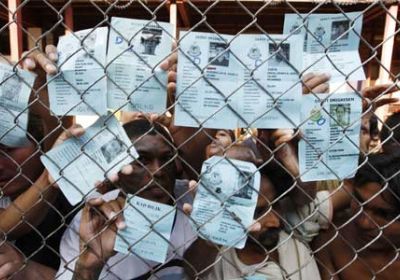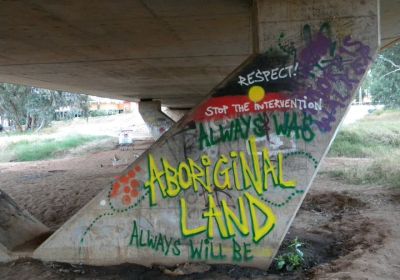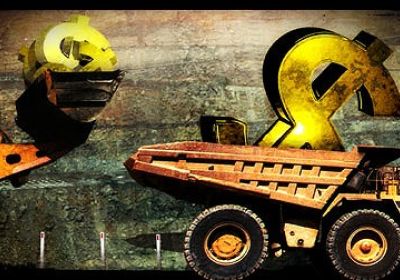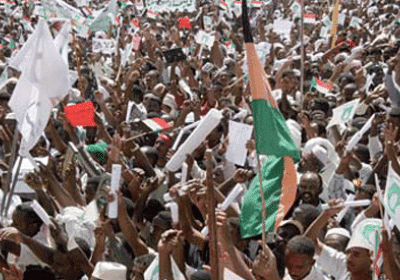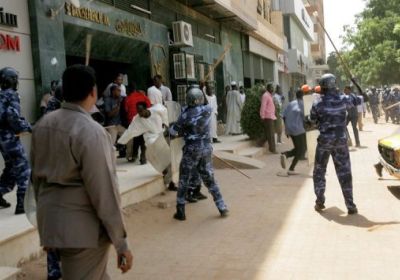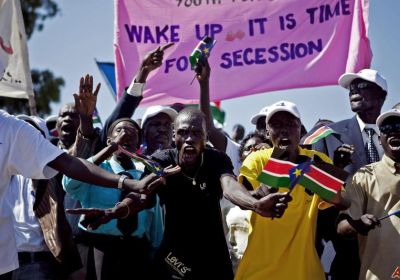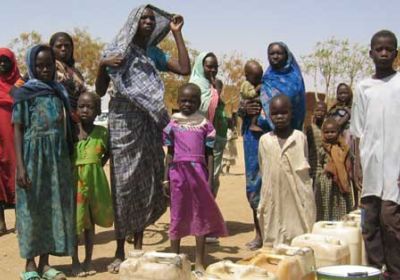
More than 100,000 people have been displaced and countless numbers killed in the north Sudanese government’s latest offensive in the region bordering south Sudan.
South Sudan is set to formalise its secession on July 9 after a near-unanimous vote for independence in the January referendum.
